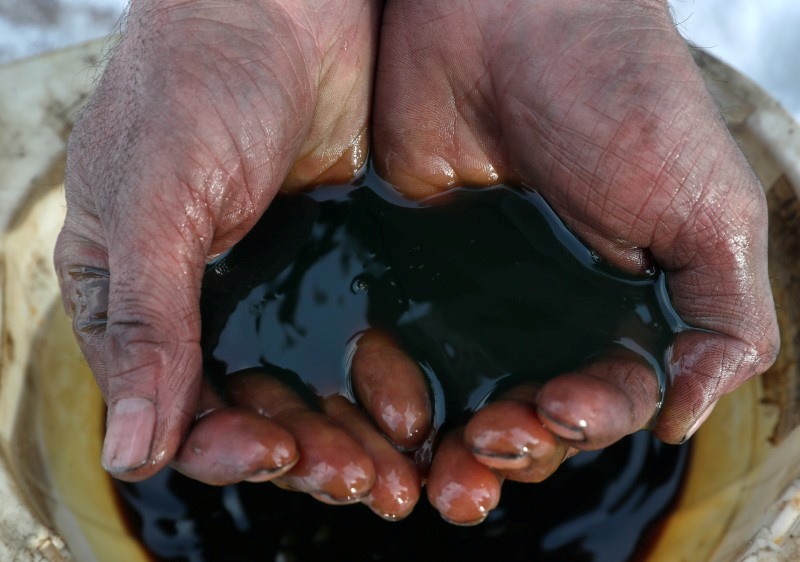By Laila Kearney
NEW YORK (Reuters) -Oil slumped on Monday over concerns about spreading COVID-19 variants derailing the global economic recovery that has brought fuel demand to near pre-pandemic levels, while tight crude supplies kept prices from falling lower.
Brent crude for September settled at $75.16 a barrel, losing 39 cents, or 0.5%. U.S. West Texas Intermediate crude for August settled at $74.10 a barrel, down 46 cents, or 0.6%.
Both benchmarks shed about 1% last week, stalling out a rally that had brought both U.S. crude and Brent to levels not seen since October 2018.
Tokyo reimposed pandemic-related restrictions due to concerns over coronavirus infections, less than two weeks before the city hosts the Summer Olympic Games.
"It has raised hackles in the market about demand recovery again," said John Kilduff, a partner at Again Capital in New York. "Asia is obviously essential. It's a swing demand center, and this is a huge setback."
The spread of new variants and unequal access to vaccines threaten the global economic recovery, finance chiefs of the G20 large economies said over the weekend. The remarks weighed on the oil demand outlook.
"Traders are now refocusing on the spread of the COVID-19 pandemic and global concerns over the new variants' expansion," Rystad Energy analyst Louise Dickson said.
The Organization of the Petroleum Exporting Countries and their allies, a group known as OPEC+, abandoned talks last week that would have raised output, after a dispute between Saudi Arabia and the United Arab Emirates about how to extend the pact.
Analysts say the collapse of talks raises the longer term prospect of producers abandoning the deal and pumping at will. That concern fed trader fears last week, leading to a bout of selling that has not quite abated.

"The longer the standoff ... the greater the possibility of some sustained price weakness," said Jim Ritterbusch of Ritterbusch and Associates in Houston. "For now, we still anticipate some movement this week with an OPEC+ plan to disregard 2022 production quotas while focusing on the coming six months in which the UAE demands for less production restraint may be accommodated."
Helping to limit oil price losses, stockpiles in the biggest crude producing nation continued to tighten, with U.S. inventories falling to the lowest since February 2020 in the week to July 2. [EIA/S]